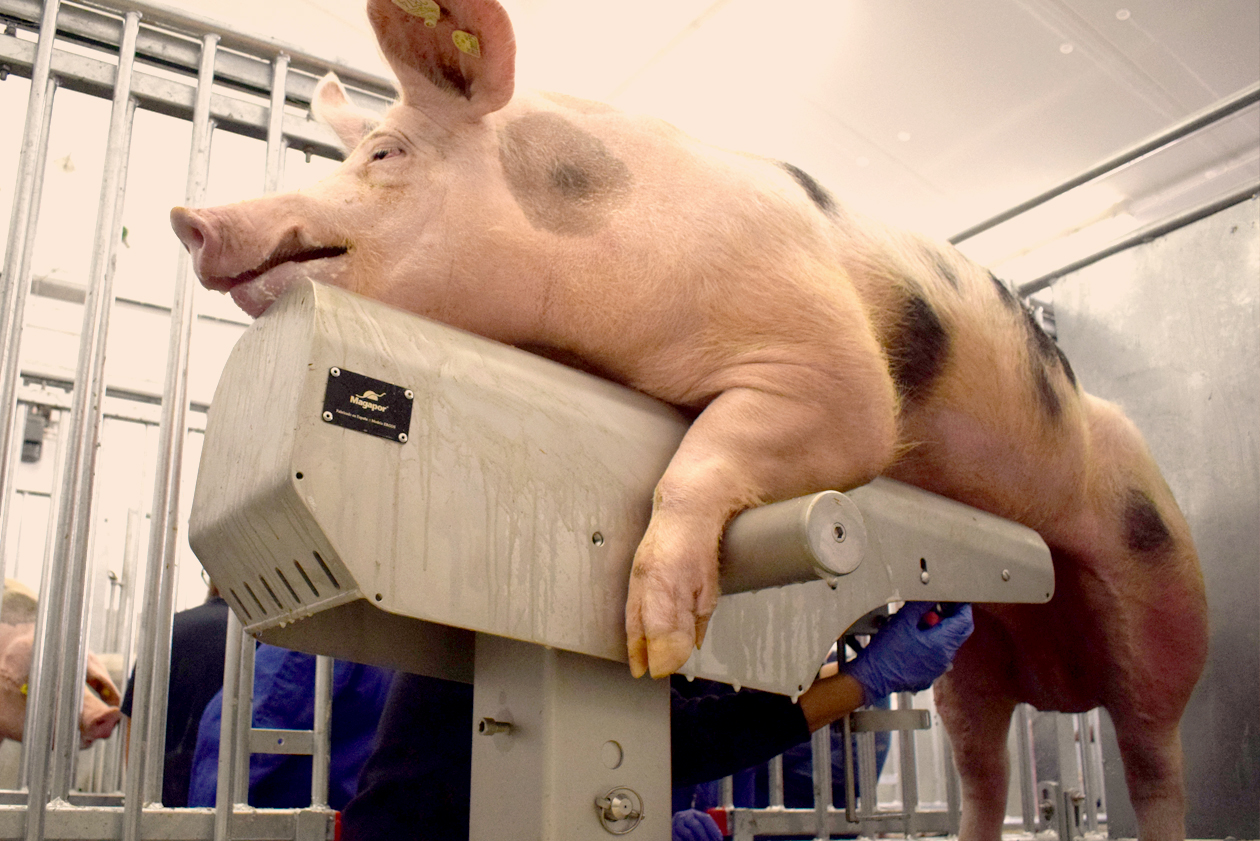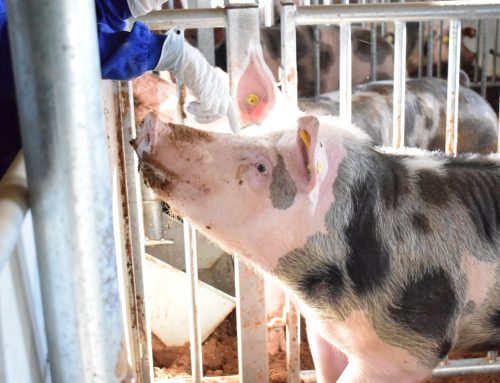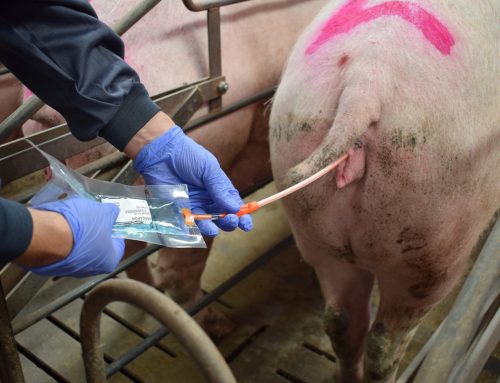Causes
Seasonal infertility occurs mainly in summer and results from the effects of day length and high temperature (heat stress). In fact, the reduced conception is caused partly as a result of a decrease in semen quality and libido in the boar. Some research has proven that there are negative effects of high temperature as well as of high humidity on volume of the ejaculate and total sperm production.
Treatment and prevention
The adverse effects on boar semen quality can be overcome by the supplementation of the boar diet with the micronutrients, vitamins and the necessary essential amino-acids to maximize its sperm production in the Boar Stud. For example, detailed studies found that the treatment with L-carnitine enhanced the number of mature sperm in ejaculates from boars under stress situations. Besides, betaine added to the diet tends to increase its total sperm production at summer months.
How to face it
- Control the exposure to light, ensuring at least 12 hours with a 250-LUX intensity.
- Feed during the coolest times of the day or divide the feed in several doses.
- Use cooling systems ( cooling panels or air conditioning ).
- Maintain an adequate renewal of boars to cope with the possible fall in productivity in summer
- Offer them a nutritional complement for boars to guarantee the optimum intake of the essential micronutrients, vitamins and amino acids necessary to maximize their sperm production.
- Clean water with enough flow (2-3 litres/ min) at their disposal at all times.
- Perform the seminal collection at the coolest times of the day and air-condition the collection area
- In outdoor facilities, provide shades
We hope these tips may be useful for you.
You can find more information through these links related to heat stress and artificial insemination in swine:
http://www.pigprogress.net/Health/Health-Tool/diseases/Seasonal-infertility-/
http://www.thepigsite.com/articles/4376/heat-stress-in-boars/
http://www.nationalhogfarmer.com/reproduction/2015-research-review-heat-impacts-boar-fertility



